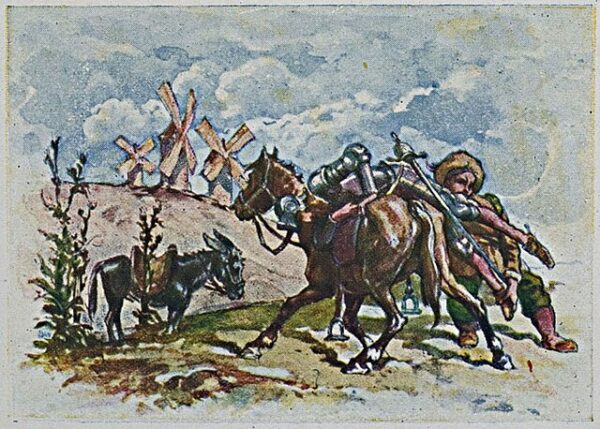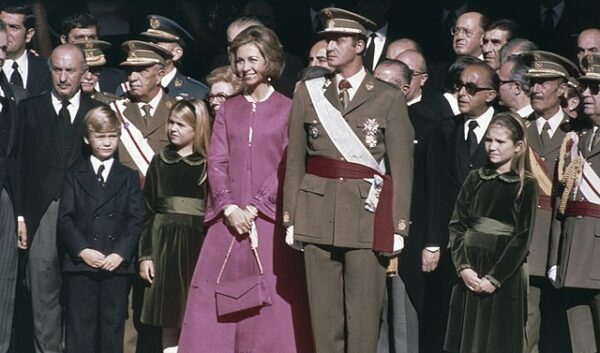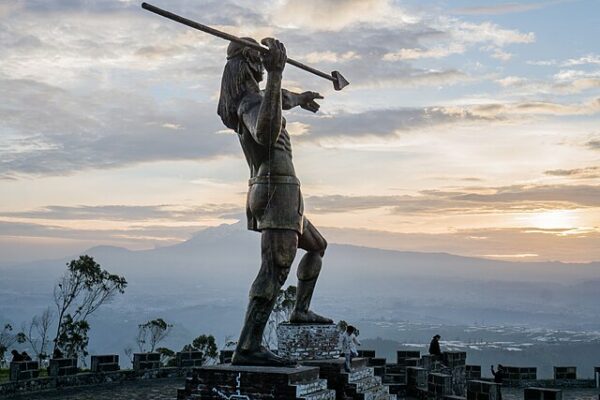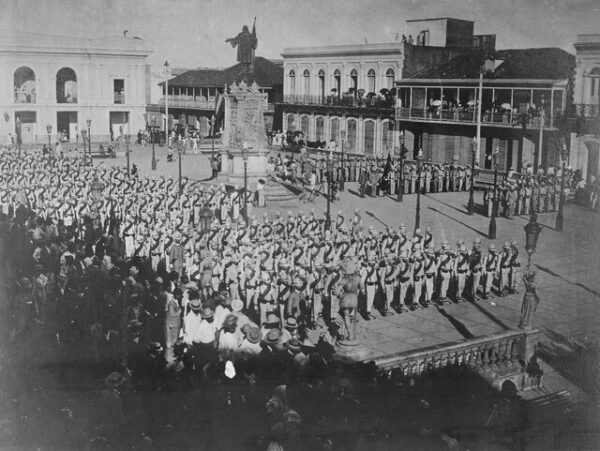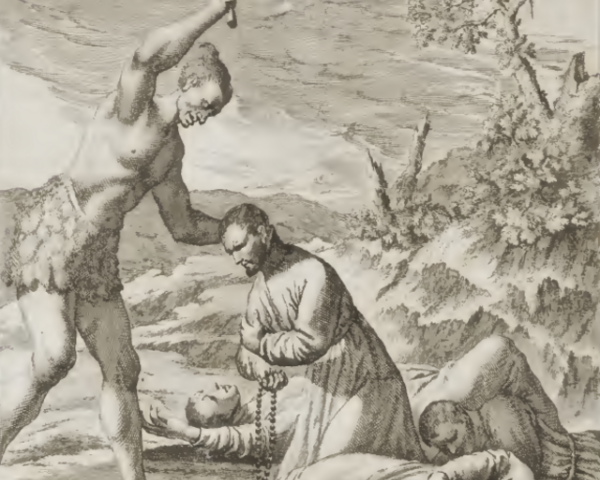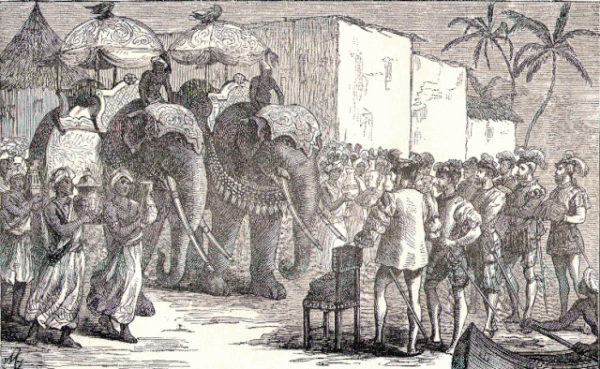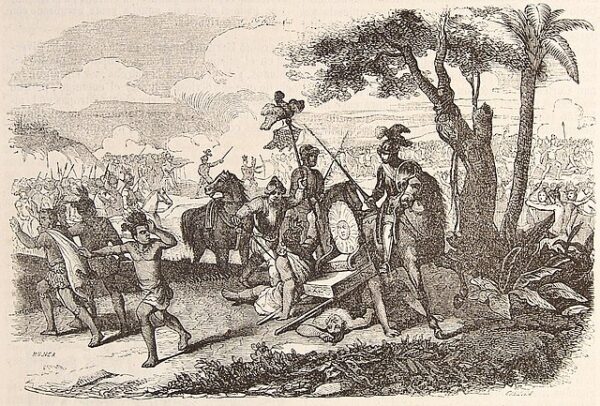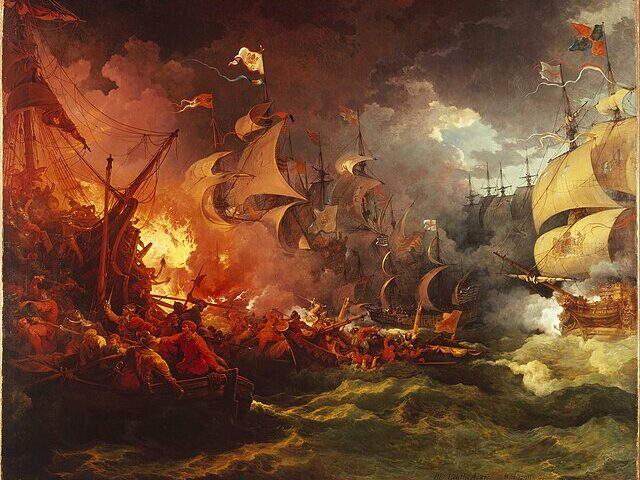On January 16, 1605, El ingenioso hidalgo Don Quijote de la Mancha (The Ingenious Gentleman Don Quixote of La Mancha), written by Miguel de Cervantes Saavedra, was first published in Madrid, Spain. This moment heralded the arrival of one of the most transformative works…
Read MoreOn November 22, 1975, Juan Carlos I was formally declared King of Spain, signifying a pivotal moment in the nation’s complex history. This occurred just two days after the death of Francisco Franco, the authoritarian ruler who had governed Spain for nearly four decades.…
Read MoreOn November 16, 1532, the Andean city of Cajamarca became the setting for one of history’s most dramatic and consequential encounters. A small band of Spanish conquistadors led by Francisco Pizarro captured the Inca Emperor Atahualpa, an event that marked the beginning of the…
Read MoreWhen U.S. troops marched through the cobbled streets of San Juan on October 18, 1898, the red and gold flag of Spain was lowered for the last time over the Caribbean island of Puerto Rico. In its place rose the Stars and Stripes, signifying…
Read MoreOn September 20, 1519, Ferdinand Magellan set sail from Spain in an effort to find a western sea route to the Spice Islands, looking to change the ocean-going world. This epic journey, which began in 1519 and concluded in 1522, marked the first successful…
Read MoreThe Ajacán Mission, also known as the Spanish Jesuit Mission of Ajacán, represents a tragic and often overlooked chapter in the history of early European attempts to establish a Christian foothold in what is now the United States. The mission was founded in 1570…
Read MoreOn August 10, 1519, Ferdinand Magellan embarked on one of the most ambitious and historic voyages in the annals of exploration: the first circumnavigation of the globe. This monumental journey, undertaken under the auspices of the Spanish crown, would forever alter the world’s understanding…
Read MoreOn July 7, 1520, the Spanish and Aztecs fought a battle that would forever change the Western Hemisphere. The Battle of Otumba became a crucial turning point in the Spanish conquest of Mexico and determined the fate of Hernán Cortés and his expedition. In…
Read MoreOn June 7, 1494, two rival powers sat down to sign a treaty that would shape North and South America for the centuries that followed. Following the reports of Christopher Columbus’s discoveries in the Americas, Spanish rulers Ferdinand and Isabella went to the Vatican to help back Spanish…
Read MoreThe Spanish Armada, a formidable naval force assembled by King Philip II of Spain, embarked on its fateful expedition beginning on May 28, 1588. Comprising 130 ships and approximately 30,000 men, including sailors, soldiers, and support personnel, the Armada’s mission was to overthrow Queen…
Read More

